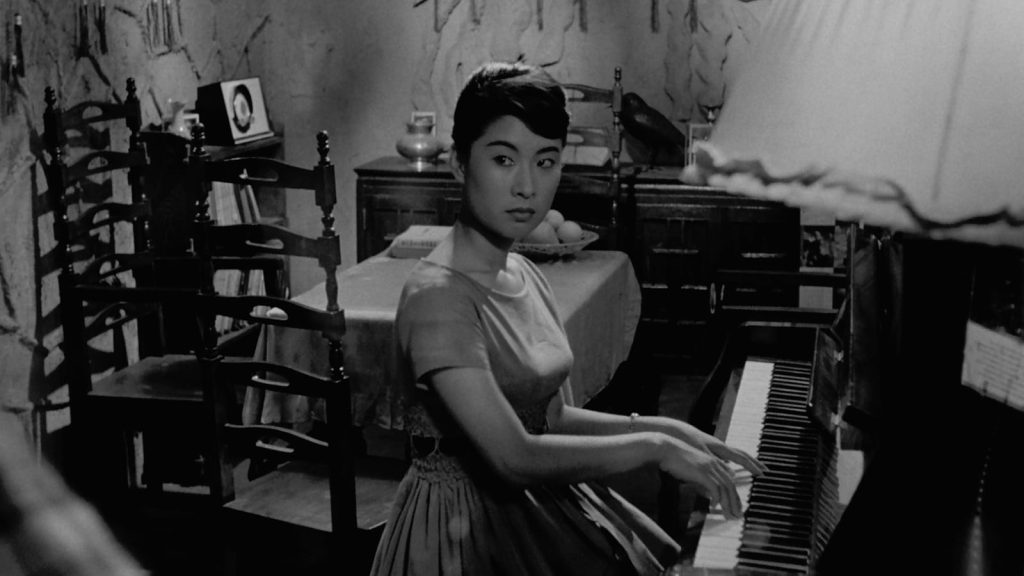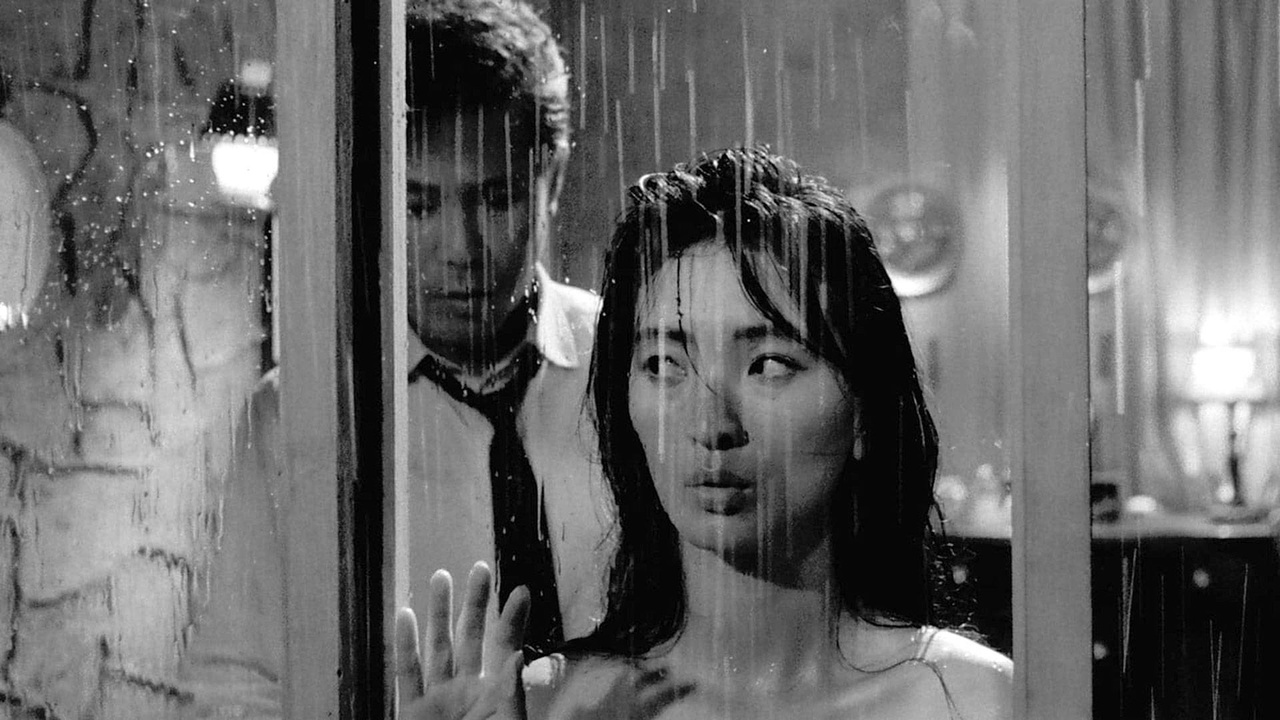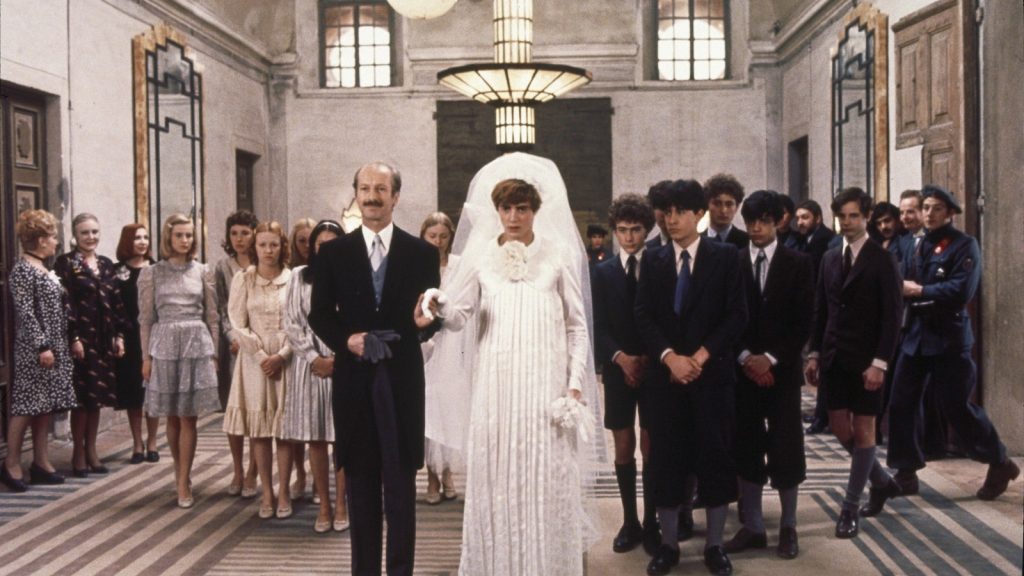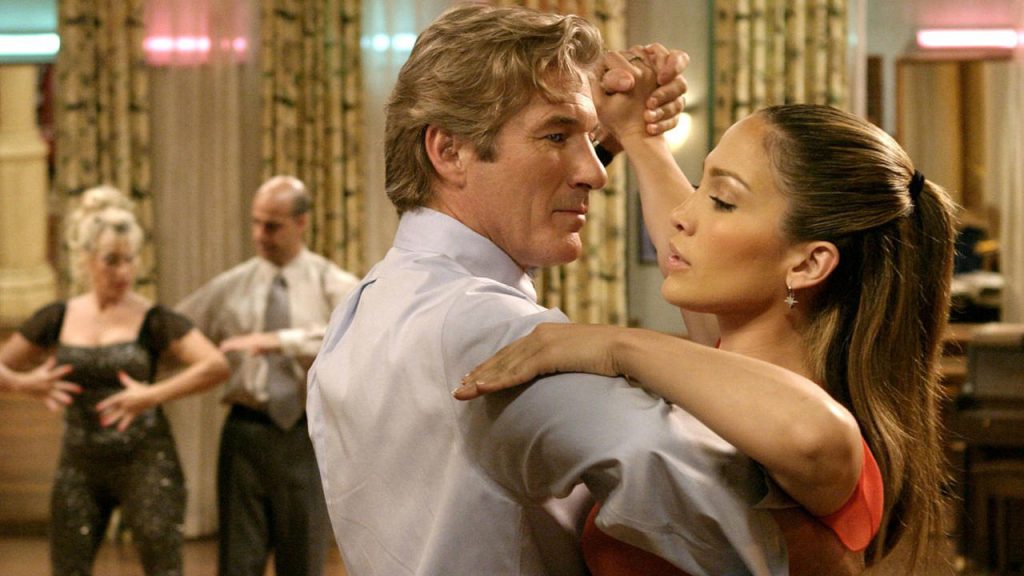The recent vogue for the erotic thrillers of the 1980s and 1990s—as best exemplified by the excellent, long-running, and long-ranging “Erotic ‘80s” and “Erotic ‘90s” mini-series on the peerless You Must Remember This podcast—have renewed interest in the origin of the sub-genre. They are, in many ways, the descendants of film noir, full of horny saps and femme fatales and sexy schemes that go awry; you can also pinpoint several key Hitchcock pictures as ur-erotic thrillers. But one film that doesn’t get mentioned much in that conversation is Korean filmmaker Kim Ki-young’s delightfully batshit 1960 thriller The Housemaid, brought back into the international limelight a few years back by Martin Scorsese’s World Cinema Project and currently streaming on the Criterion Channel.
It is, to put an even finer point on it, the origin of what was known as the “[blank] from hell” movie, applied to one-night stands (Fatal Attraction), nannies (The Hand that Rocks the Cradle), husbands (Sleeping with the Enemy), renters (Pacific Heights), cops (Unlawful Entry), office assistants (The Temp), and nymphets (Poison Ivy, The Crush). The Housemaid is a maid from hell movie, in which a deeply troubled young woman named Myung-sook (Lee Eun-shim) joins a household already mired in emotional intensity, desperation, and misery, to help out with the cooking and cleaning while Mrs. Kim (Ju Jeung-ryu) is on bed rest, awaiting the arrival of their third child.
Mr. Kim (Kim Jin-kyu) is a piano teacher, conducting additional lessons in the home to supplement their income—they recently moved into a big, new house, just as Mrs. Kim grew too tired and sick to work. His primary at-home student is Kyung-hee Cho (Um Aing-ran), who’s crush on her teacher has already caused collateral damage, and we get some sense that the proximity and intimacy of these lessons is starting to get to him. “I can’t let your crush destroy my family!” he insists, but when the new maid makes herself available to him, he barely puts up a fight, and Director Kim’s framing and cutting of the seduction scene is absolutely scorching.
And then it reallllly takes a turn into bonkers territory.

Simple synopsis cannot quite convey how fully and exhilaratingly it does so, but suffice it to say that Mr. Kim is caught, that he blames his wife for his indiscretions (“This would have never happened if we had stayed in our old house!” he insists), and that after the new baby is born, Mrs. Kim announces, doomily, “There’s one more t hing to take care of: the girl has to go.” By the time Myung-sook is standing in their doorway, bleary-eyed, begging for food and water and looking at their new baby like a starving man gazing on a steak dinner, it’s very clear that The Housemaid is no ordinary domestic drama.
The last forty minutes or so, conducted under a cascade of crackling thunder and cleansing rain, are something of a fever dream, as Lee Eun-shim convincingly embodies the character’s mania and desperation and her cackling bloodlust, often simultaneously. When the children wail, “Why did you lie,” she replies, with great satisfaction, “Your parents taught me to!” When she drags Mr. Kim into her quarters for more sex (“This will be the last time!” she insists, unconvincingly), she takes pleasure in announcing, to his inquisitive daughter, “Your daddy’s going to sleep in my room!” And the answer she provides for her behavior is elegant in its simplicity: “You’ve ruined me, so I’ll ruin you.”
Director Kim’s visual wizardry matches his storytelling acumen; one can pinpoint dozens of exhilarating moments, but mine is the incredible shot of the water glass as she walks up the stairs, in a scene that reminds us that Chekhov’s gun has got nothing on Chekov’s rat poison. But the film is most exciting on the level of expectation and delivery. It’s nuts in a way you simply don’t expect for a 1960 movie, foreign or domestic, even when you’re putting it in conversation with something like that year’s Psycho, and it reminds us of the true narrative freedom that occurs when all rules are off. Anything really, truly could happen here, which makes it far more tense than Fatal Attraction and its ilk; they’ll raise a threat, those movies, but they’re really only willing to kill “bad” people. The Housemaid will kill anyone, and even if its ending is a big ol’ cop-out, it doesn’t step wrong until then.
“The Housemaid” is streaming on the Criterion Channel.



